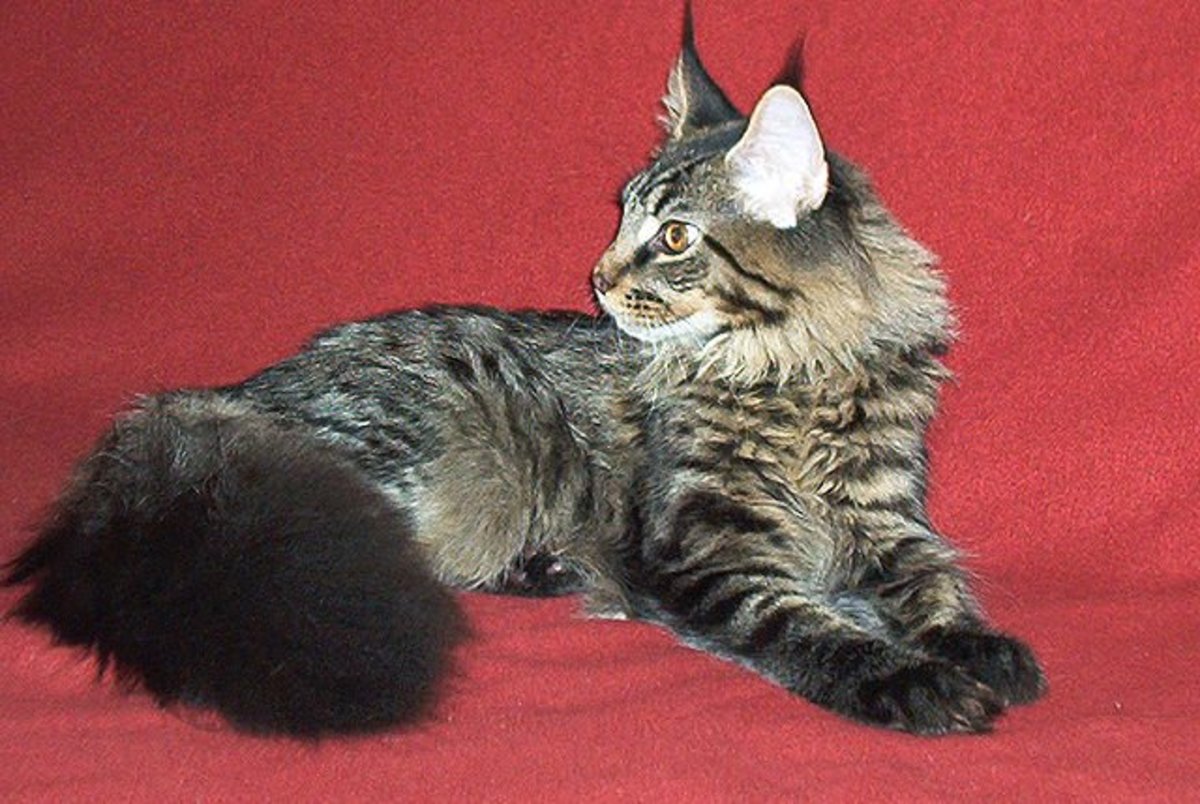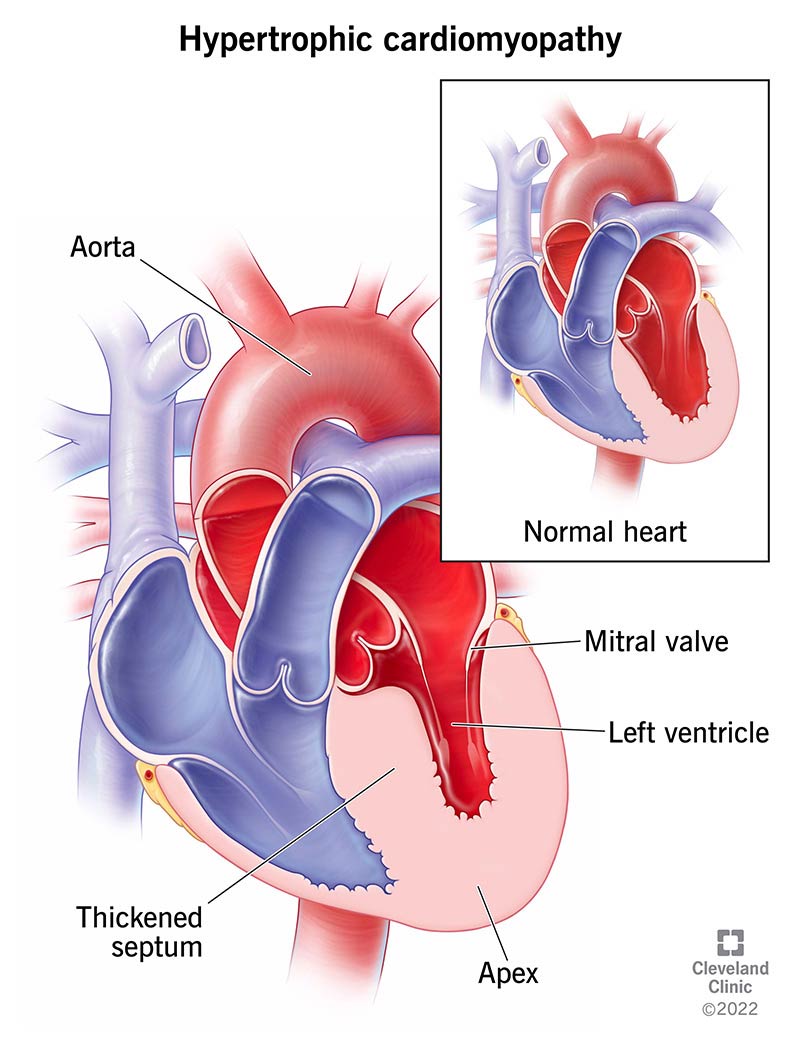Health Checking
Some words
Welcome to Paws Guide, your comprehensive resource dedicated to helping you diagnose
and understand potential health issues in your beloved cat. Our mission is to empower
cat owners with the knowledge they need to recognize symptoms, seek timely veterinary
care, and ultimately ensure their furry companions lead happy, healthy lives.
Cats are notoriously good at hiding their discomfort, making it crucial for owners
to be vigilant about any changes in behavior or physical condition. Whether you have
a playful Munchkin, a gentle Ragdoll, or a majestic Maine Coon, each breed comes with
its unique set of health considerations. At Paws Guide, we provide detailed information
on common health issues, equipping you with the tools to identify problems early.
On our website, you'll find sections dedicated to various cat breeds, highlighting
specific diseases they may be prone to, such as Hypertrophic Cardiomyopathy (HCM),
dental issues, obesity, and more. Each entry includes easy-to-understand descriptions
of the conditions, along with symptoms to watch for and recommended veterinary
interventions. Additionally, we offer links to reputable sources for further reading,
ensuring you have access to the most accurate and up-to-date information.
Understanding your cat's health goes beyond recognizing symptoms; it also involves
knowing when to seek professional help. Our resources will guide you in making informed
decisions about your cat's healthcare, including the importance of regular veterinary
check-ups and preventive care.
We emphasize the significance of maintaining a balanced diet and a healthy lifestyle
for your cat. Obesity is a growing concern among pets, and our tips for managing weight
can help prevent a host of related health issues.
In summary, Paws Guide is your go-to companion for understanding cat health.
By staying informed and proactive, you can create a nurturing environment that
allows your feline friend to thrive. Together, let's ensure that your beloved cat
enjoys a long, vibrant life filled with joy and companionship.
Why it is important to cure your cats?
Regular health checks for pets are crucial for ensuring their well-being and longevity. Just like humans, cats can suffer from various health issues that may go unnoticed without proper monitoring. Routine examinations can help identify problems early, allowing for prompt treatment and increasing the chances of successful outcomes. By staying vigilant and proactive about your pet’s health, you not only enhance their quality of life but also strengthen the bond between you and your furry companion. Ultimately, investing time in regular health checks can lead to happier, healthier pets and can prevent more serious conditions down the line.
Muchkin Issues
-
Spinal Diformities
Due to their unique skeletal structure, Munchkin cats may be prone to spinal issues, which can lead to problems like lordosis (abnormal curvature of the spine).
How to recognize this disease?
Identifying spinal deformities in Munchkin cats involves observing both physical signs and behavioral changes. Owners should look for abnormalities in posture, such as a noticeable curve in the spine or an unusual gait. Cats may also exhibit signs of discomfort, such as reluctance to jump or play, and may display changes in mobility as they age. Regular veterinary check-ups are essential, as a veterinarian can conduct thorough examinations, including X-rays, to confirm any spinal issues. Early detection is key to managing potential complications. For more information on spinal deformities and related conditions, you can visit the Cornell University College of Veterinary Medicine for comprehensive resources.
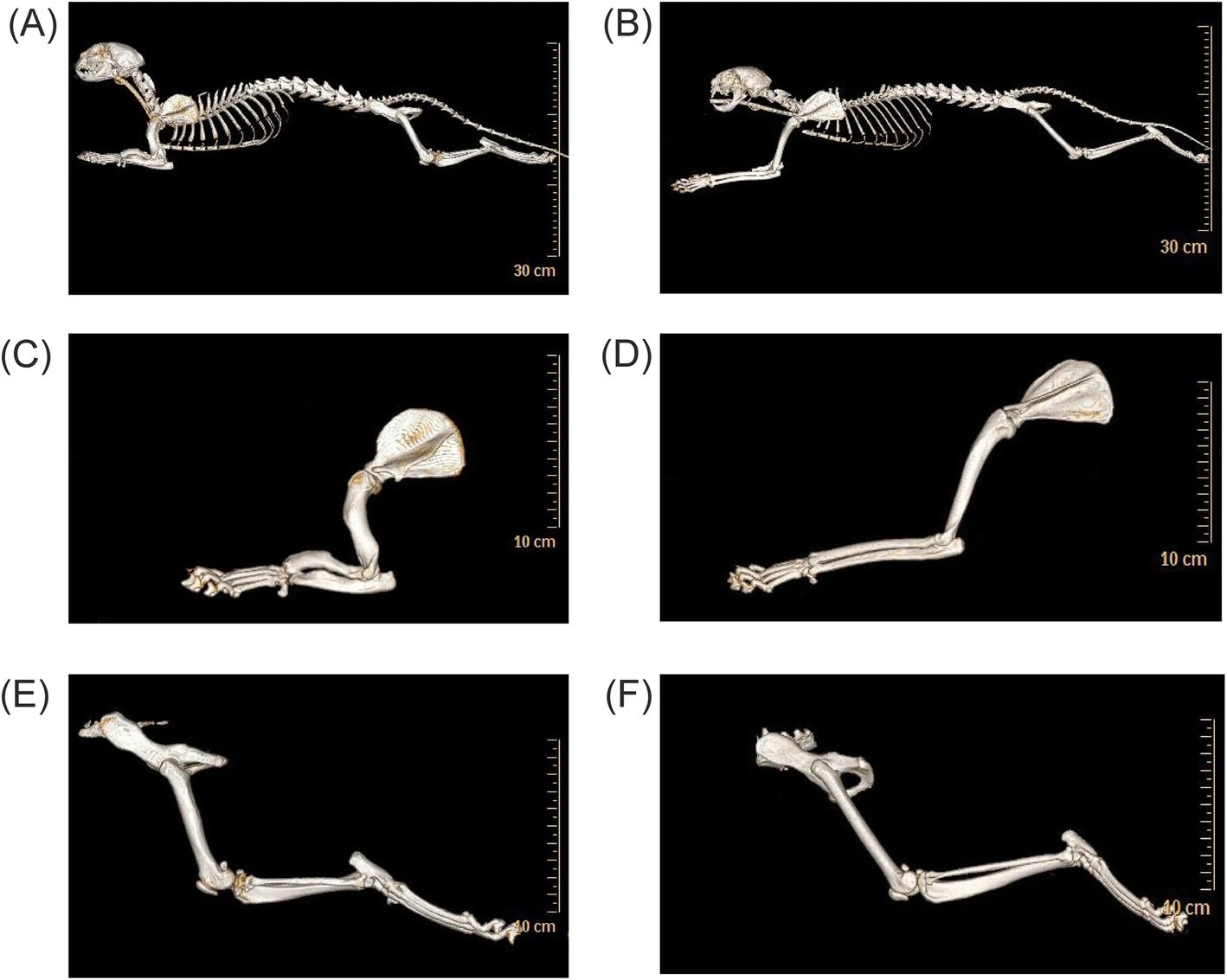
-
Osteoarthritis
The shortened legs of Munchkin cats can lead to joint stress and a higher risk of osteoarthritis, especially as they age.
How to recognize this disease?
Osteoarthritis in Munchkin cats can be identified by observing signs of pain or stiffness, particularly after rest or during movement. Owners may notice their cat having difficulty jumping, reluctance to engage in play, or changes in grooming habits. Regular veterinary evaluations, including physical examinations and possibly X-rays, can help confirm the diagnosis. For more information about osteoarthritis in cats, visit the American Animal Hospital Association.

-
Obesity
Munchkin cats may be at risk of obesity, which can exacerbate other health issues. Maintaining a balanced diet and regular exercise is essential.
How to recognize this disease?
Obesity in Munchkin cats can be recognized by excessive weight gain and a noticeable roundness to their body shape. Owners should monitor their cat’s weight and look for signs of lethargy or decreased activity. A veterinary assessment can provide a proper weight evaluation and dietary recommendations. For more insights on managing obesity in cats, check out the Association for Pet Obesity Prevention.

-
Dental Problems
Munchkin cats may be at risk of obesity, which can exacerbate other health issues. Maintaining a balanced diet and regular exercise is essential.
How to recognize this disease?
Dental issues in Munchkin cats often manifest as bad breath, difficulty eating, or visible tartar buildup on teeth. Owners should regularly check their cat’s mouth and observe for signs of gum inflammation or bleeding. Professional dental cleanings and exams by a veterinarian are essential for diagnosis and treatment. For more information about dental health in cats, visit the American Veterinary Dental College.
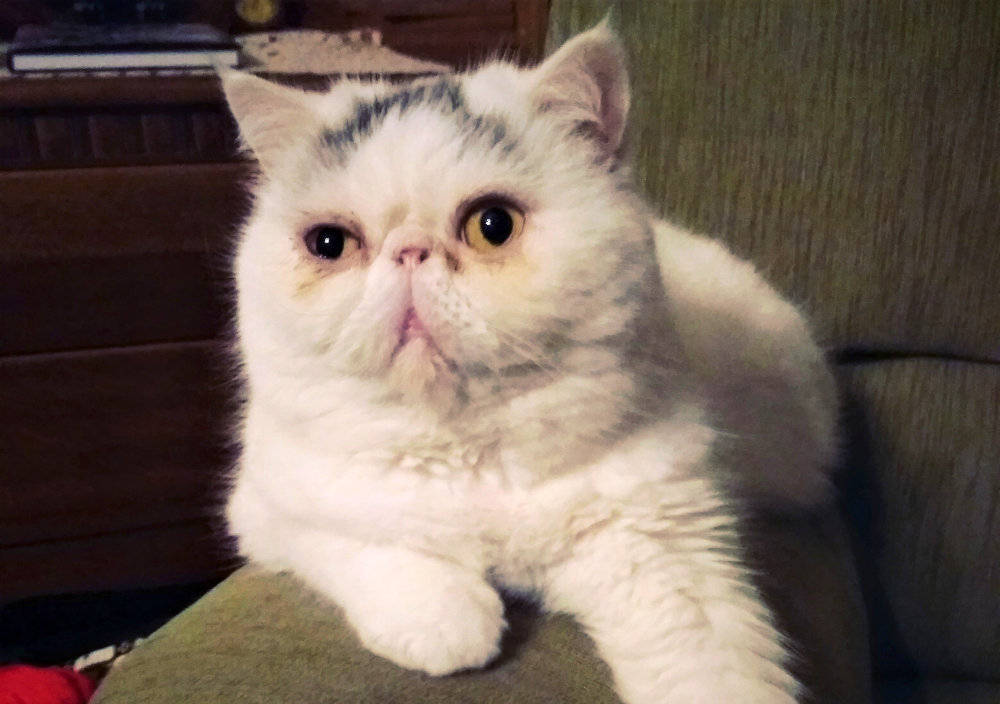
-
Hypertrophic Cardiomyopathy (HCM)
This is a common heart condition in various cat breeds, including Munchkins. Regular veterinary check-ups can help detect this condition early.
How to recognize this disease?
Hypertrophic cardiomyopathy can be indicated by symptoms such as lethargy, difficulty breathing, or sudden collapse. Regular veterinary check-ups that include heart examinations can help detect this condition early. Cats may not show symptoms until the disease is advanced, so proactive monitoring is essential. For more detailed information about HCM, visit the Cornell University College of Veterinary Medicine.
-
Urinary Tract Issues
Munchkin cats can be susceptible to urinary tract infections and other related problems, so monitoring their litter box habits is important.
How to recognize this disease?
Urinary tract issues in Munchkin cats may present as frequent urination, straining to urinate, or blood in the urine. Owners should observe their cat's litter box habits closely and report any changes to their veterinarian. Diagnostic tests, including urinalysis and ultrasound, can help determine the underlying cause. For further information on urinary health in cats, check out the Veterinary Partner website.
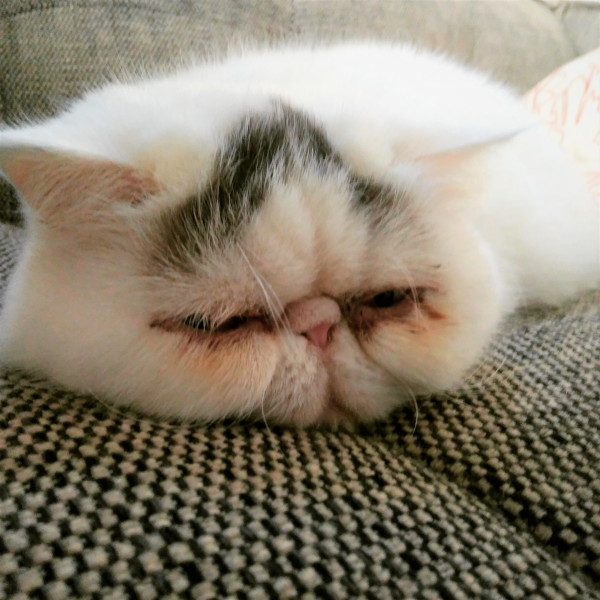
Ragdoll Cats Issues
-
Hypertrophic Cardiomyopathy (HCM)
Hypertrophic cardiomyopathy is a prevalent heart condition in Ragdoll cats, characterized by the thickening of the heart muscle, which can lead to heart failure.
How to recognize this disease?
HCM in Ragdoll cats may be indicated by symptoms such as lethargy, difficulty breathing, or sudden collapse. Regular veterinary check-ups that include heart examinations are essential for early detection, as cats often show no symptoms until the disease is advanced. For more detailed information about HCM, visit the Cornell University College of Veterinary Medicine.
-
Dental Problems
Ragdoll cats can be prone to dental issues, including periodontal disease, which can affect their overall health and comfort.
How to recognize this disease?
Dental problems often manifest as bad breath, difficulty eating, or visible tartar buildup on teeth. Owners should regularly check their cat's mouth for signs of gum inflammation or bleeding. Professional dental cleanings and exams by a veterinarian are essential for diagnosis and treatment. For more information about dental health in cats, visit the American Veterinary Dental College.

-
Feline Infectious Peritonitis (FIP)
FIP is a serious viral disease caused by a mutation of the feline coronavirus, and Ragdolls are particularly susceptible due to their genetics.
How to recognize this disease?
Symptoms of FIP can include fever, weight loss, lethargy, and fluid accumulation in the abdomen or chest. Diagnosis often requires blood tests and possibly imaging. Early veterinary consultation is crucial for managing this disease. For more information on FIP, visit the American Association of Feline Practitioners.
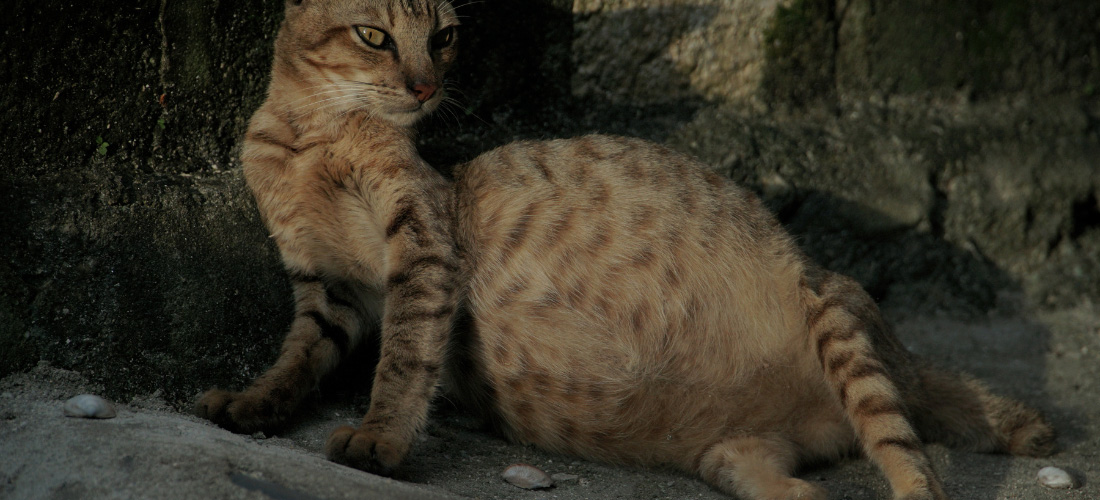
-
Urological Issues
Ragdoll cats may experience urinary tract infections and blockages, making it essential to monitor their litter box habits closely.
How to recognize this disease?
Symptoms of urinary tract issues include frequent urination, straining to urinate, or blood in the urine. Owners should observe their cat's litter box habits and report any changes to their veterinarian. Diagnostic tests like urinalysis can help determine the underlying cause. For more information, check out the Veterinary Partner website.
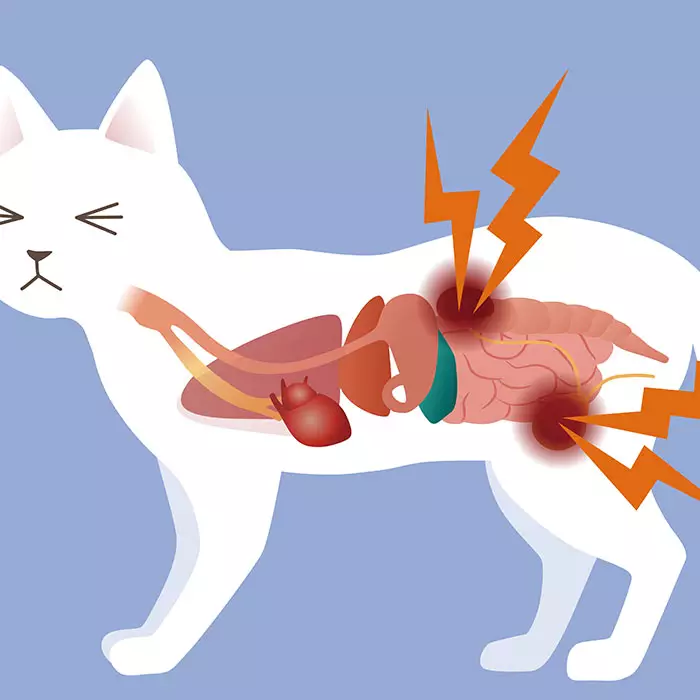
-
Obesity
Ragdoll cats are prone to obesity, which can lead to a variety of health issues and impact their quality of life.
How to recognize this disease?
Obesity can be identified by excessive weight gain and a noticeable roundness to the body shape. Owners should monitor their cat's weight and look for signs of lethargy or decreased activity. A veterinary assessment can provide proper weight evaluation and dietary recommendations. For more insights on managing obesity in cats, check out the Association for Pet Obesity Prevention.

Maine Coon Issues
-
Hypertrophic Cardiomyopathy (HCM)
Hypertrophic cardiomyopathy is a prevalent heart condition in Maine Coon cats, characterized by the thickening of the heart muscle, which can lead to heart failure.
How to recognize this disease?
Symptoms of HCM in Maine Coons can include lethargy, difficulty breathing, and sudden collapse. Regular veterinary check-ups that include heart examinations are essential for early detection, as many cats may not show symptoms until the disease is advanced. For more information about HCM, visit the Cornell University College of Veterinary Medicine.
-
Hip Dysplasia
Maine Coon cats are prone to hip dysplasia, a genetic condition where the hip joint doesn't fit properly into the hip socket, leading to pain and mobility issues.
How to recognize this disease?
Signs of hip dysplasia include difficulty rising, decreased activity, and reluctance to jump or play. Regular veterinary evaluations, including X-rays, can help confirm the diagnosis. For more information, check out the American Kennel Club.

-
Dental Problems
Maine Coon cats are susceptible to dental issues, including periodontal disease, which can impact their overall health.
How to recognize this disease?
Dental problems may present as bad breath, difficulty eating, or visible tartar buildup on teeth. Owners should regularly check their cat's mouth for signs of gum inflammation or bleeding. Professional dental cleanings and exams by a veterinarian are essential for diagnosis and treatment. For more information about dental health in cats, visit the American Veterinary Dental College.
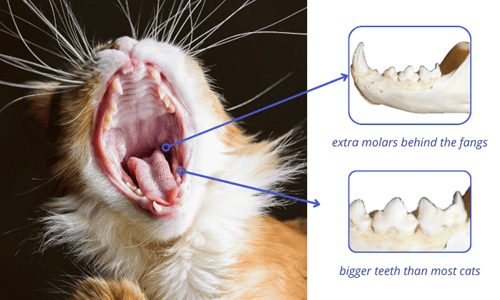
-
Obesity
Maine Coons are prone to obesity, which can exacerbate other health issues and impact their quality of life.
How to recognize this disease?
Obesity can be identified by excessive weight gain and a noticeable roundness to the body shape. Owners should monitor their cat's weight and look for signs of lethargy or decreased activity. A veterinary assessment can provide proper weight evaluation and dietary recommendations. For more insights on managing obesity in cats, check out the Association for Pet Obesity Prevention.
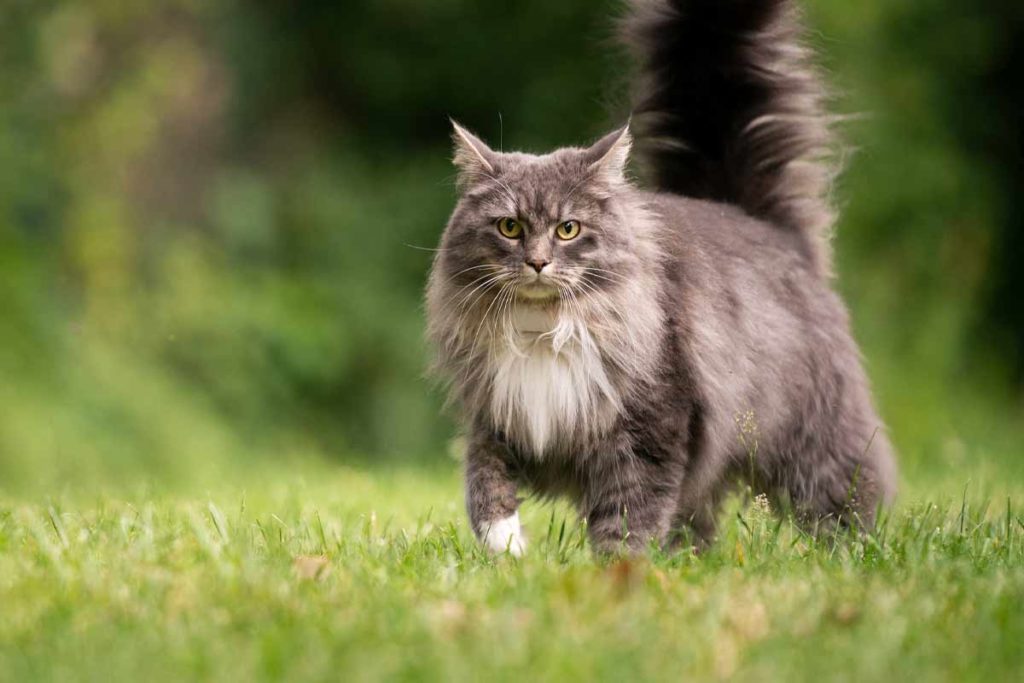
-
Urinary Tract Issues
Maine Coons can be susceptible to urinary tract infections and blockages, making it essential to monitor their litter box habits closely.
How to recognize this disease?
Symptoms of urinary tract issues include frequent urination, straining to urinate, or blood in the urine. Owners should observe their cat's litter box habits and report any changes to their veterinarian. Diagnostic tests, including urinalysis, can help determine the underlying cause. For more information, check out the Veterinary Partner website.
